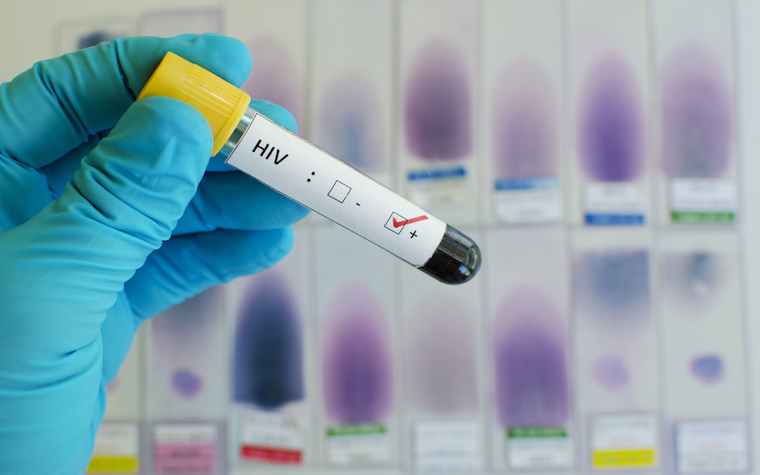
The National Institutes of Health (NIH) recently distributed $9.4 million in grants to the City University of New York, the Albert Einstein College of Medicine and Montefiore to conduct HIV research in central Africa.
The researchers’ goal is to improve health outcomes and clinical care for people in Africa who have HIV. The study, called Central Africa International Epidemiologic Databases to Evaluate AIDS (CA-IeDEA), includes five countries. It will be both ongoing and observational.
"The IeDEA project is helping us learn more about the models and approaches to HIV care delivery at scale that result in optimal clinical outcomes, such as long-term retention in care and survival,” Dr. Denis Nash, dual principal investigator of CA-IeDEA and executive director of CUNY's Institute for Implementation Science in Population Health, said. "Through IeDEA, we are also learning about the ability of HIV clinical sites to diagnose and manage other chronic conditions, such as hypertension, diabetes and mental illness. This is very cutting-edge work, with relevance to health systems in central Africa and beyond."
Scientists will monitor over 50,000 HIV-positive adults and children as they receive anti-retroviral therapy (ART).
"During our first five years leading CA-IeDEA, we built the research capacity and technical infrastructure for tackling this enormous project," Dr. Kathy Anastos, dual principal investigator and attending physician of general internal medicine at Montefiore, said. "Over the next five years, we will use our high-quality data to address scientific clinical and health care delivery questions that will inform care in central Africa and beyond."